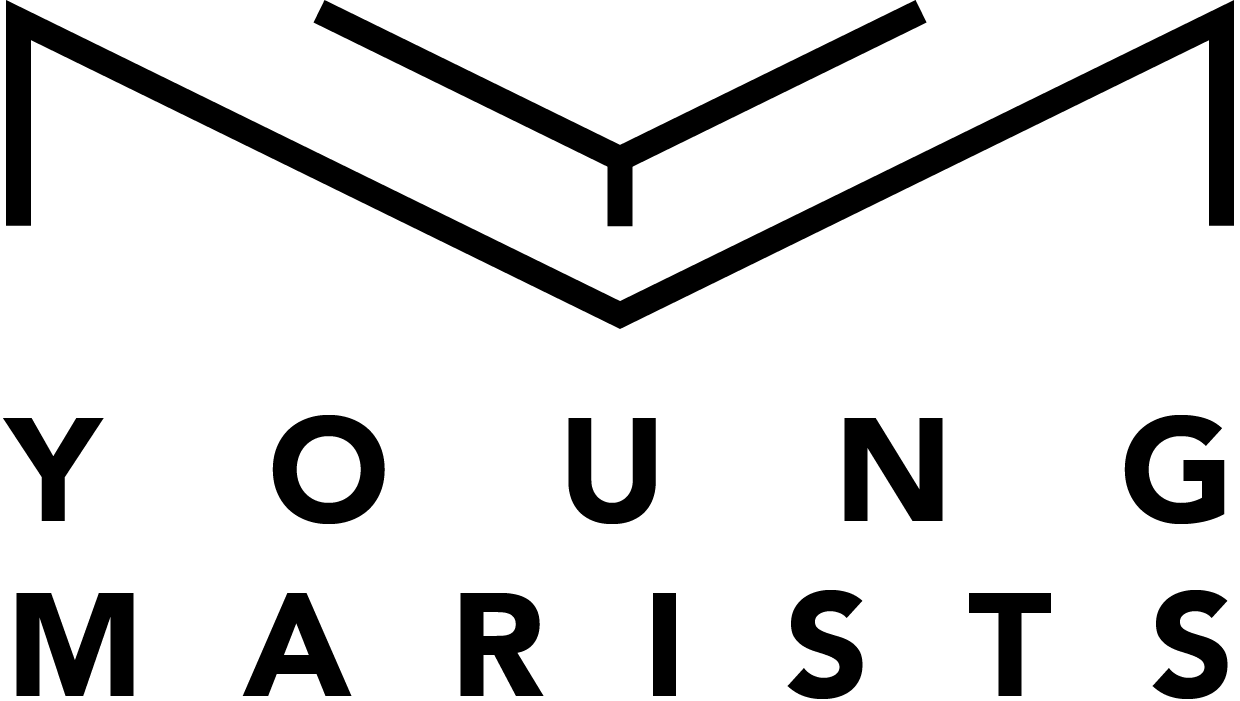A Reflection on Nationhood
In her first response to a bewildered nation after the Christchurch mosque massacre, Prime Minister Jacinda Ardern asserted: “We were not a target because we are a safe harbour for those who hate. We were not chosen for this act of violence because we condone racism, because we are an enclave for extremism. We were chosen for the very fact that we are none of these things. Many of those directly affected by this shooting may be migrants to New Zealand, they may even be refugees here. They have chosen to make New Zealand their home. It is their home. They are us. The person who has perpetrated this violence against us is not.”
In the chokingly raw emotion of the moment, we found these words comforting and reassuring. We shuddered to think, or to believe, that somehow we might be complicit in this coldly calculated, meticulously planned, intentionally live-streamed act of pure evil. Perhaps there was even a secret relief, albeit trite, that we did not share our nationality with the alleged perpetrator of this obscenity.
I have reflected on the Prime Minister’s simple but heart-felt assertion about the victims: “They are us.” I so desperately want that to be true, but, in the deepest and most fundamental way, we have to ask: “Who are we....really?”
A couple of years ago during a visit to Waitangi, a large group of our Year 11 students listened to an address by Dr Kate Martin, the curator of Pompallier House. Standing outside the new museum at Waitangi, only a minute’s walk from where the Treaty was signed in 1840, she explained its name, Te Kōngahu. In te reo Māori the word means “the baby in the womb waiting to be born.” She explained how that was illustrative of Aotearoa New Zealand --- a nation still in gestation, waiting to be born, not yet ready to own honestly its history, a history described by poet Allen Curnow:
“The stain of blood that writes an island story.”
Dr Martin was passionate and provocative: she wondered out loud if maybe, just maybe, this nation might come to birth in the life-time of these young people in front of her. “But,” she said, “if that comes to pass, the newborn needs to be nurtured and fed, it needs someone to teach it to crawl, and then to stand up, and later on to walk. It’s a long, drawn out process that hasn’t yet begun.”
Now, as fifty of those who are us are prepared for burial, I am thinking that the baby that is Aotearoa New Zealand was suddenly and shocking torn from the womb at 1.40pm on the 15th of March, 2019. The swaddling clothes that are the floral tributes and messages of love and contrition chalked on the sidewalks outside mosques, might comfort the baby in the meantime, but soon they will wilt and fade away. And then what? Who will nurture and feed the baby? Who will teach it to crawl, and stand, and even walk?
There are no answers right now when we are too numb to think. But there have to be questions, and we must prepare ourselves to give honest answers. Maybe, just maybe, some of the answers lie with those whom we say are us --- those who have suffered and survived this outrage, who have turned the other cheek, who have not talked revenge but forgiveness, who are a faith-filled and prayerful people.
Allen Curnow said in another place and at another time:
“Not I, some child in a marvellous year
Will learn the trick of standing upright here.”
Is this the marvellous year?
